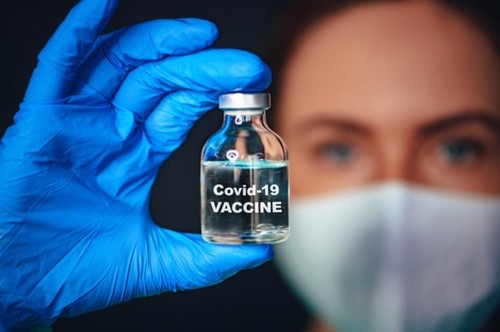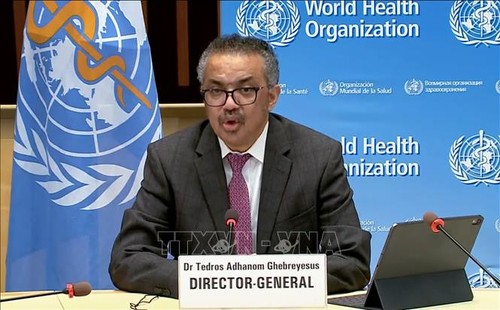 (Illustration: Getty Images) (Illustration: Getty Images) |
The fair distribution of vaccines has been a point of controversy for nearly a year. The world is witnessing vaccine inequality between a minority of rich, developed countries, mostly in Europe, North America, and North Asia and a majority of poor and developing countries, mostly in Southeast Asia, South Asia, Africa, and Latin America.
Global vaccine inequality
WHO chief Tedros Adhanom Ghebreyesus said only 1% of the population in low-income countries has received at least one dose of the vaccine. While some of the wealthiest countries are considering giving their people a third (booster) dose, health workers, the elderly, and other vulnerable groups in the rest of the world still do not have access to a vaccine.
The reason is vaccine nationalism. A few wealthy countries have used more than half of all the vaccine doses produced worldwide so far. From the beginning COVID-19 awareness was not on the right track. Rich countries focused only on developing vaccines for domestic needs, ignoring the fact that no country would be safe until all were safe.
To counter vaccine inequality, the COVAX initiative was born under the leadership of the WHO, the Coalition for Epidemic Preparedness Innovations (CEPI) and the Global Alliance for Vaccines and Immunization (GAVI) to ensure that every country has access to a COVID-19 vaccine, regardless of its financial status. But COVAX does not have enough funding to secure adequate vaccine supplies. And no pharmaceutical group has agreed to share its vaccine technology, even if paid for.

Director General of the World Health Organization Tedros Adhanom Ghebreyesus (Photo: AFP/VNA)
|
Collaborative efforts to ensure vaccine equality
In early June, the Group of Seven leading industrialized countries (G7) committed one billion doses of COVID-19 vaccine to the poorer countries. World leaders also agreed to allocate 650 billion USD from the Global Reserve Fund created by the International Monetary Fund to help those countries with the direst needs and slowest economic recovery. The funding is aimed at immunizing 70% of the population of low- and middle-income countries by the end of 2022.
On June 25, the World Health Organization, the World Trade Organization, and the World Intellectual Property Organization announced a joint platform to help countries close the gaps in accessing COVID-19 vaccines, treatments, and technologies, calling for an agreement to waive vaccine copyrights.
On Wednesday, the World Health Organization called for a moratorium on COVID-19 vaccine booster shots until at least the end of September, warning that poorer countries are lagging behind.
The rapid spread of the Delta variant on a global scale today shows that immunity in a small community will not be effective in the long term, with the SARS-CoV-2 virus mutating continuously. New variants may be resistant to existing vaccines, making it possible – even likely – that the fight against the pandemic could start all over again. The international community desperately needs consensus and solidarity on the subject of equitable distribution of vaccines, because new SARS-CoV-2 variants will not ignore any country. No one will be safe until everyone is safe!